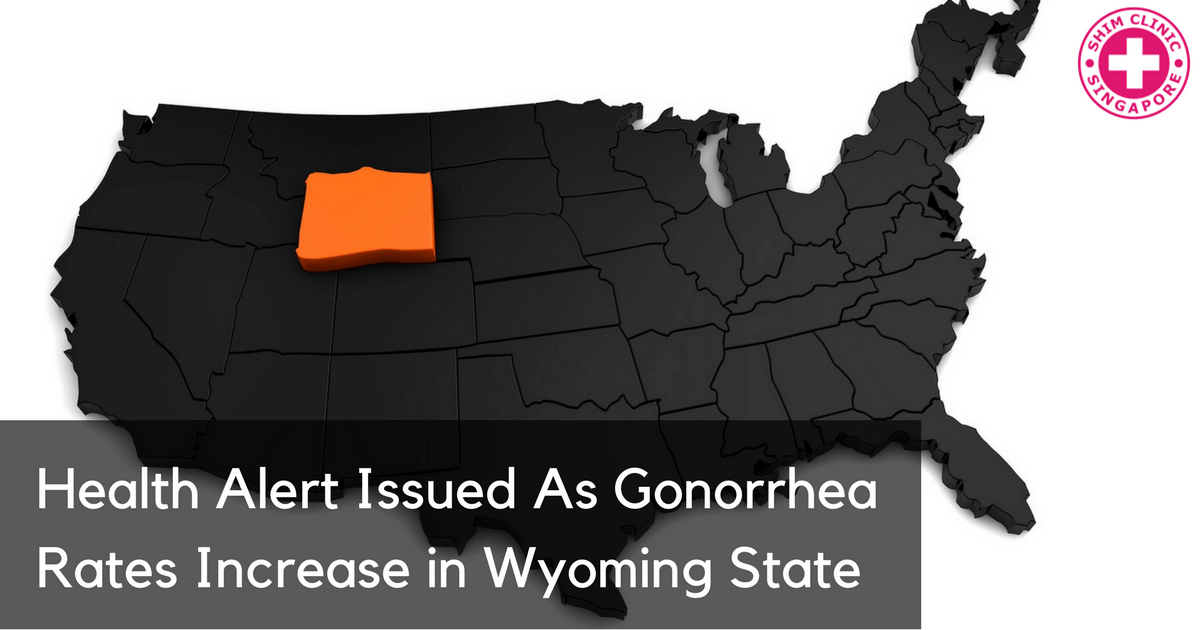Cases of gonorrhea, a popular sexually transmitted infection (STI), have continued to rise in most US states. In the wake of alarming numbers, the Wyoming Department of Health sent an alert to all healthcare providers in the state asking them to increase their STD prevention, testing and treatment efforts.
According to the Department of Health, the highest number of increased gonorrhea cases have been observed in Natrona and Laramie Counties.
Courtney Smith a representative with the Department of Health noted that there was a 140% increase of the STI in Laramie County this year. She said that the department had sent the alert to let health care providers know of the troubling numbers and increase efforts to curb the infection.
Gonorrhea Patient Likely to Get HIV
Studies have shown that people suffering from major STDs including gonorrhea are at higher risk of acquiring HIV. This is why the department is worried as high gonorrhea rates may lead to increased HIV rates in the state.
Smith said that it is very important that people grasp the serious risks associated with STDs and the importance of prevention, STD testing, early diagnosis and treatment. She encouraged people to get screened should they suspect that they are infected.
STD gonorrhea cases in the US have been increasing for a couple of years now worrying health officials everywhere. There were a total of 468,514 gonorrhea cases reported across the US. in 2016.
Gonorrhea is transmitted sexually and is caused by the Neisseria gonorrhoeae bacterium. You can get infected if you come into contact with the vagina, penis, anus or mouth of an infected person. The STD can also be passed on from mother to baby during delivery.
Who should Go for Testing?
Smith encourages the following people to be screened for gonorrhea:
- Anyone who’s been with a new sexual partner in the past 60 days
- If you have multiple sexual partners
- Pregnant women
- All sexually active people under the age of 25
- Anyone showing STD symptoms including abnormal vaginal discharge and burning, or itching when passing urine.
- HIV-positive people
- Those who have had sex with a partner with any STD
- Men who have sex with men (MSM)
Complications of Gonorrhea
People infected with the STD can be cured with antibiotics, but if left untreated, it can cause serious complications.
Infected women are likely to suffer from pelvic inflammatory disease (PID) as well as uterus or fallopian tubes infections. PID can seriously damage the fallopian tubes and cause infertility or high risk of ectopic pregnancy.
Gonorrhea in men can be made worse by epididymitis and in some cases lead to infertility. Untreated gonorrhea can cause disseminated gonococcal infection (DGI) in both men and women if it spreads to the blood. DGI is a life threatening condition that will normally cause dermatitis, arthritis or tenosynovitis.
Screening and early diagnosis of gonorrhea is very important as it leads to timely treatment. This helps to prevent further STD transmission as well long-term health complication in patients.
Effective prevention methods include abstaining from sex, correct use of condoms and sticking to one sex partner.

